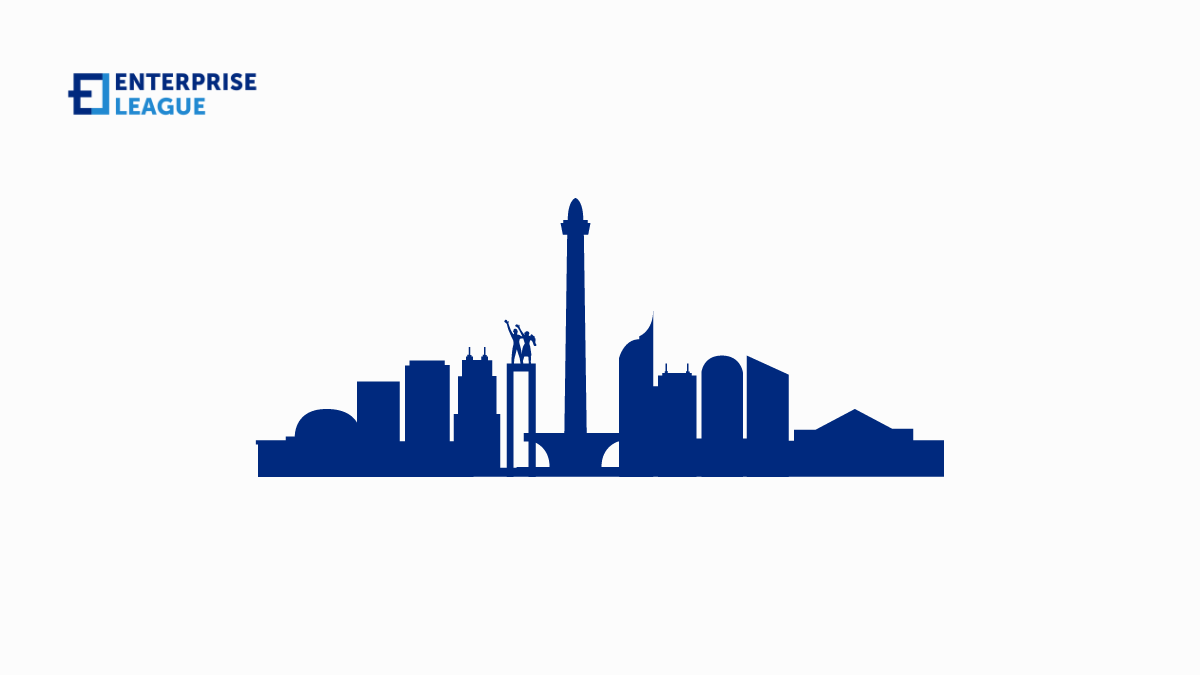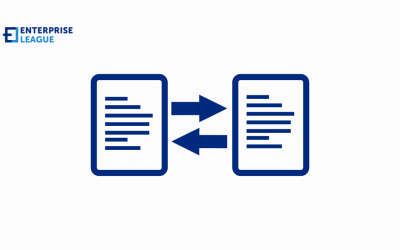Jakarta real estate boom: A 2024 guide to buying property in Indonesia
February 05, 2024

As we navigate through 2024, Jakarta’s real estate landscape presents a dynamic and promising arena for investors and homebuyers alike. Buy property in Indonesia’s capital, known for its vibrant culture and bustling economy, is witnessing a significant transformation in its property sector. This transformation is underpinned by a series of economic, infrastructural, and political factors that are shaping the current prospects of real estate investment in the city.
Post-pandemic economic recovery
Indonesia’s economy, like many others, faced unprecedented challenges during the global pandemic. However, the resilience and robustness of the Indonesian economy have been remarkably evident in the post-pandemic era. In 2022, the country’s GDP growth soared to an impressive 5.3%, signaling a strong recovery and instilling confidence in various sectors, including real estate. This economic rebound is particularly noticeable in the Greater Jakarta area, where property activities have gained momentum.
The surge in economic activities has led to increased consumer confidence and spending power, which in turn is fueling the demand for residential and commercial properties. Investors and homebuyers are showing renewed interest in Jakarta’s property market, drawn by the promising economic indicators and the potential for substantial returns on investment.
Public transit projects
A key factor contributing to the real estate boom in Greater Jakarta is the development of major public transit projects. The launch of the city’s Light Rail Transit (LRT) system and the Jakarta-Bandung High-Speed Train in 2023 has been a game-changer for the region. These projects have significantly enhanced connectivity between Jakarta and its surrounding areas, making it more accessible and appealing for residential and commercial developments.
- Impact on residential areas: The improved connectivity has led to a rise in property values in areas surrounding the transit lines. There is a growing interest in residential properties with easy access to LRT stations, as they offer the dual benefits of convenience and investment potential.
- Commercial real estate boost: The high-speed train and LRT have also opened up new opportunities for commercial real estate development. Businesses are keen to capitalize on the increased footfall and accessibility these transit systems provide.
Office leasing and retail space
The office and retail sectors in Jakarta are experiencing contrasting trends. On one hand, there is a noticeable improvement in office leasing activities, particularly in Grade A buildings. These high-end office spaces are in demand due to their modern amenities, strategic locations, and the prestige they offer to corporate tenants.
On the other hand, the retail space market is facing a unique challenge. Despite the economic recovery, retail spaces in prime locations are experiencing limited availability due to high occupancy rates. This scenario presents a complex dynamic for new retailers looking to enter the Jakarta market, as well as for property investors focusing on retail spaces.
Condominium sales and logistics warehouses
The condominium market in Jakarta is currently experiencing a complex phase. Sales of condominiums have been relatively subdued, with a noticeable slowdown in the launch of new projects. This trend reflects a cautious approach from developers in response to market conditions. However, despite this slowdown, there remains a consistent interest in high-quality condominium developments. Potential buyers in Jakarta are becoming increasingly discerning, showing a preference for properties that not only offer a prime location but also provide significant value and lifestyle amenities. This shift indicates a maturing market where buyers are more focused on long-term value and quality-of-life enhancements that these properties offer.
In contrast to the condominium market, there is a burgeoning demand for modern logistics warehouses and landed residential properties. This surge is primarily driven by the exponential growth of e-commerce in Indonesia, which has escalated the need for efficient and effective supply chain solutions. The logistics sector, in particular, is experiencing a significant influx of investment. Developers and investors are increasingly interested in capitalizing on this opportunity by building and acquiring state-of-the-art warehouse facilities. These modern logistics centers are crucial in supporting the growing e-commerce market, providing essential infrastructure for storage, distribution, and supply chain management.
The diverging trends in Jakarta’s real estate market highlight the evolving nature of property investment in the region. While the traditional residential market, particularly the condominium segment, faces challenges, there are emerging opportunities in the logistics and landed property sectors. These sectors are benefiting from broader economic trends, such as the rise of online shopping and the subsequent need for sophisticated logistics networks. As a result, investors and developers are advised to adapt their strategies to these changing market dynamics, focusing on areas with high growth potential and aligning their investments with the evolving needs of the market.
Political climate and market trends
Indonesia’s property market is navigating a cautious yet optimistic landscape, influenced heavily by the country’s political stability and policy continuity. As investors and developers keenly observe the political developments, they remain cautiously optimistic about the market’s potential. This period is marked by a palpable sense of anticipation, as the real estate sector, spanning various segments, continues to exhibit buoyancy. There is a sustained level of activity and interest, not just from domestic stakeholders but also from international players, who are drawn to the market’s resilience and potential for growth. This ongoing engagement in the property market, despite the underlying political undercurrents, underscores collective confidence in the sector’s robustness and its ability to weather political fluctuations.
Conclusion
Jakarta’s real estate market in 2024 is a landscape of opportunities and challenges. The economic recovery, infrastructural developments, and evolving market trends are creating a dynamic environment for property investment. For those looking to invest in Jakarta’s real estate, understanding these nuances and staying informed about the latest developments will be crucial in making informed decisions. As the city continues to grow and evolve, its real estate market is poised to offer rewarding opportunities for those ready to embrace its potential.
More must-read stories from Enterprise League:
- Learn about all the tips and apps you need to successfully manage a remote team.
- Common hiring mistakes that employers make and how to prevent them.
- What’s the secret to running successful cold email campaigns?
- Engaging online networking events that you should not miss.
- Learn about how micromanaging can hurt your productivity.
Related Articles
PDFs and the debate between tradition and innovation
Curious about the future of PDF? Learn about its integration with new technologies and explore some practical PDF tips to leverage all the power of this format!
The 10 Ds of entrepreneurship: Why are they important?
Are you familiar with the 10 Ds of entrepreneurship? Let’s see if you possess some or all of them that will launch you for success.
Optimizing performance and reliability in managed file transfer systems
Optimizing the performance and reliability of MFT systems is a continuous process that requires attention to infrastructure, software and strategic processes.
PDFs and the debate between tradition and innovation
Curious about the future of PDF? Learn about its integration with new technologies and explore some practical PDF tips to leverage all the power of this format!
The 10 Ds of entrepreneurship: Why are they important?
Are you familiar with the 10 Ds of entrepreneurship? Let’s see if you possess some or all of them that will launch you for success.





